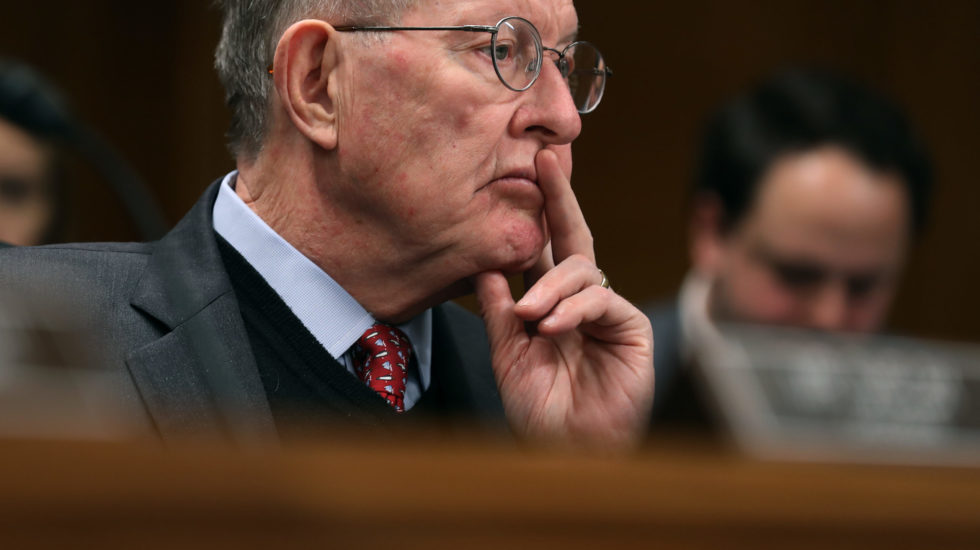Senate Democrats tried to push through an emergency paid sick leave bill for workers infected by the Covid-19 coronavirus on Wednesday.
Republicans blocked it.
Sen. Patty Murray (D-WA) tried to get unanimous consent on the measure, the Huffington Post reports, “but an objection from Sen. Lamar Alexander (R-TN) prevented the bill from bypassing the Republican-controlled health committee.”
The bill would guarantee workers 14 days of paid sick leave in the event of public health emergencies.
Alexander said paid sick leave is a “good idea” — but he’s more concerned about putting “a big new expensive federal mandate on employers.”
Murray, noting that Washington, her home state, has been especially hard-hit by the virus, said that the “primary goal” should be “slowing the spread of the virus in areas where there are outbreaks, so areas where it hasn’t hit so hard yet have time to prepare.”
“One of the best ways we can do this is by allowing workers who feel sick — or who need to stay home with a child whose school is closed — to do so without losing a paycheck or a job,” she added, according to The Hill.
Though stalled for the time being, the bill isn’t dead. Democrats can try to attach the measure to another virus-related package.
Nearly three-quarters of American private sector workers already get paid sick leave, despite the lack of a federal mandate.
The rest — about 27% of U.S. workers — are mostly in low-wage fast-food, retail and other service jobs. They are the ones who really need federally required sick leave.
“Polling shows that the idea of a sick leave mandate tends to be extremely popular, with even a strong majority of Republican voters supporting it,” HuffPost says.
Meanwhile, President Trump and his administration are pressing ahead with emergency help for corporations impacted by the coronavirus outbreak — especially hotels and resorts (like Trump’s), airlines and cruise lines, the Washington Post reports. Despite appearances, Treasury Secretary Steven Mnuchin insisted it’s not a “bailout.”
The White House has also discussed low- or no-interest loans for oil and gas producers hit by falling prices due to reduced fuel demands worldwide.



